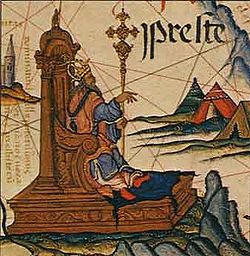
Recently, the World SF Blog held a roundtable on the issues of non-Western narratives in speculative fiction. Touched upon in the talk, were problems of inclusion, the lacking (or often-ignored) presence of non-Western writers in the genre and the entire post-colonial project when it comes to writing and the non-Western world. It was an insightful discussion that can be read in its two-part entirety starting
here. What received the most discussion by the panelists however, was the topic of how Western writers depict non-Western settings, including issues of exoticism and the sometimes futile search for “authenticity.” This left me with my own set of questions. What about the “other” that exists
within the non-Western world? What about those people within the larger dominant society, who are marginalized from its center similar to the ways in which a colonized geographical space is distanced from the metropole?
The
clamor for diversity in speculative fiction has long been heard–and answered. In fantasy, this has come about partly in the form of writers of African descent creating their own realms of spears and sorcery. Termed “Sword and Soul” by some, this sub-genre of fantasy uses an often fictionalized Africa as a backdrop, creating heroes, stories, lands and adventures outside of the Eurocentric norm. Yet a cursory glance shows that most of these writers (self included) are several generations removed from the Africa of our imaginings. So what happens when the Westernized-other seeks to depict the non-Western world–one which remains both prominent and elusive in his/her imagination?
As with most things, there’s a history . . .
 What do the hunt for a mythical Christian King of the East, a fabled river of African gold and fears of the impending Apocalypse have to do with Christopher Columbus? Turns out, quite a bit. The Age of Exploration has a weird speculative side.
What do the hunt for a mythical Christian King of the East, a fabled river of African gold and fears of the impending Apocalypse have to do with Christopher Columbus? Turns out, quite a bit. The Age of Exploration has a weird speculative side.
